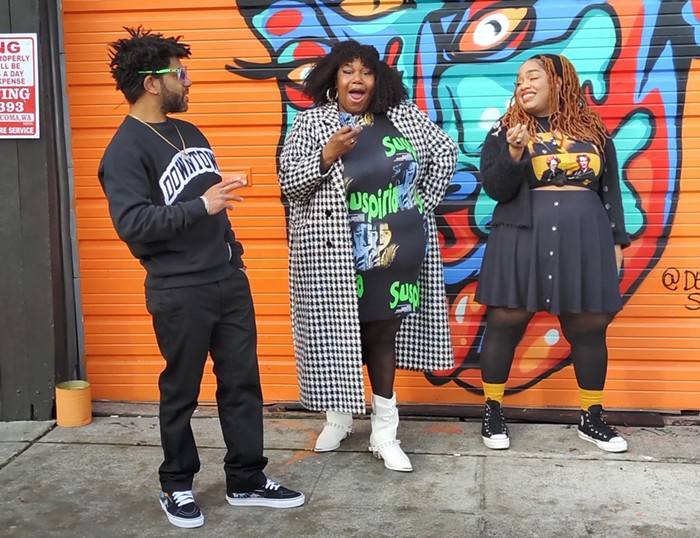
In a conference call with reporters this afternoon, the Washington State Liquor and Control Board announced some serious action on pesticides for pot that's been a seriously long time coming. Rick Garza, the agency's director, outlined a $1.15 million program wherein the WSLCB will contract with the Washington State Department of Agriculture (WSDA) to set up a randomized pesticide testing scheme for the state's cannabis producers.
It's been a damn long time coming, but this agreement marks a major shift in the state's attitude towards the use of disallowed pesticides on cannabis, which was widespread in the unregulated medical marijuana industry and didn't exactly cease when weed was legalized.
“This agreement will significantly expand the state’s ability to test for pesticides,” said WSLCB Director Rick Garza in a press release. “Testing for pesticides is a complex and costly process. Labs need specialized equipment and highly-trained staff to carry out the tests. This agreement will satisfy those obstacles. It will send a strong message to any producer applying illegal pesticides that they will be caught and face significant penalties, including possible cancellation of the license.”
That $1.15 million will cover the expensive gas chromatography equipment required to test cannabis for disallowed pesticides, as well as two full-time staffers to handle the testing. The agency hopes to run 75 samples per month for about 100 pesticides, which is about 75 more samples per month than they've been testing over the last three years of legal weed.
Much of the testing will still be complaint-driven, as it has been up to now, according to WSLCB enforcement chief Justin Nordhorn, but a good portion will be completely random. Random testing, according to pretty much anyone involved with the industry, is the best deterrent to the use of disallowed pesticides, because it provides a strong deterrent to scofflaws without the potentially crippling costs associated with testing every single batch of cannabis produced. With steep federal and state taxes, legal weed has enough price problems already.
Bobby Hines, co-owner of Redmond cannabis testing laboratory Confidence Analytics, lauded the move as a major step forward in pesticide enforcement, saying, "The reason you have so may operations still spraying crops is because they know the chances of getting caught for that is like zero," he said. "Who's going to catch them? The WSLCB didn't have any contract in place about doing spot-checking, they just said they were going to. Now the fact that they're actually going to be out spot checking means that actual enforcement actually happens, which is a big deterrent."















